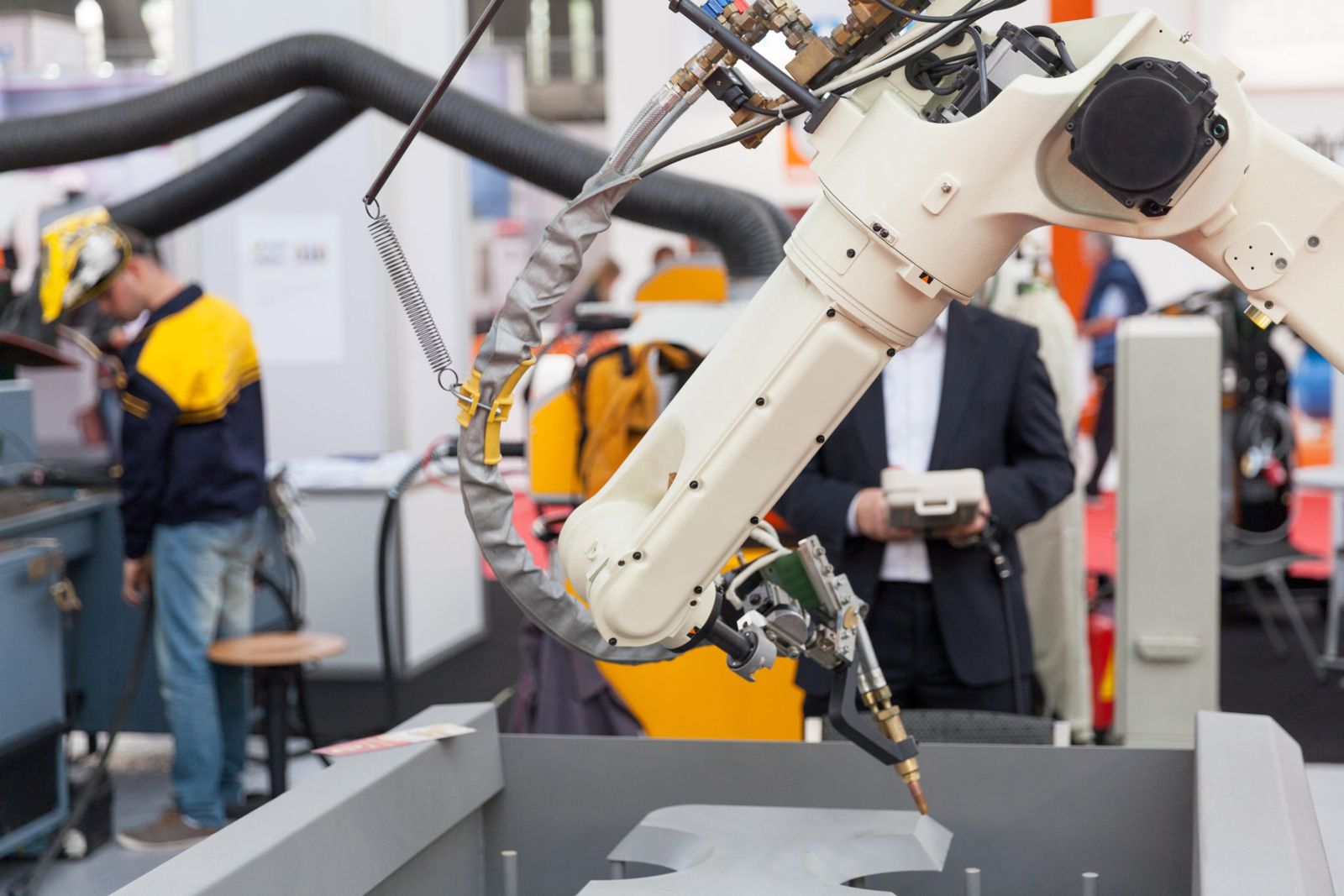This past year saw a 67% increase in the volume of robots over the previous year. In addition, the United States automotive industry purchases one industrial robot for every two sold worldwide, as reported by the International Federation of Robotics. An indication that the auto sector recognizes automation’s value.
See Also: Impact of Ride-Sharing on the Automotive Industry
Automakers have long been forerunners in the field of automation; they were among the first to implement sensor technology and industrial robots in their assembly lines. Do you want to discover how automation is now affecting the car business? Continue reading!
Decisions are made automatically
The data landscape has shifted significantly. It can be quite helpful for both foreseeing the future and comprehending the happenings of the present. In the modern automobile sector, data is employed to generate insights that can automatically trigger appropriate actions and informed judgments.
When equipped with the appropriate sensors, an automobile can function as a mobile supercomputer. As soon as a component fails, the driver will be notified immediately. Furthermore, the automotive sector is not the only one where automation is being implemented.
GM, a top automaker, offers a lending solution that communicates with customers to swiftly and easily fulfill their financing needs. To top it all off, it automatically makes loan decisions in accordance with established corporate policy.
The Mechanization of Manufacturing Procedures
Practically every step of the process of making a car now uses some form of automation. Robots, automation solutions, and machine vision technologies collaborate to perform operations including welding, assembly, and quality control testing.
Automated processes are not used in the same way by all automakers. Some businesses rely on specialized equipment for individual processes, while others employ a series of interconnected devices in an automated assembly line. Other automakers, such as Honda, creator of the 2022 Honda Civic, merely automate routine activities and give humans the final say in compliance management or quality assurance.
Humans now collaborate with robots in the workplace.
Reports of robots taking over human occupations are pervasive in the media at the moment. Even though robots can be helpful in the automotive industry, certain companies recognize the significance of human workers. Good news: people and machines can collaborate effectively.
Robots lessen the physical demands of the job, which in turn reduces the likelihood of injury to human workers. Data from the automobile industry shows that robots are used for the most physically demanding jobs. Rather than being kept in a separate room, as was the case with earlier robots, today’s robots can be found working alongside humans to increase output rates in the automobile industry.
Inventions in artificial intelligence have caused a paradigm shift in many fields.
As more and more car companies adopt and use AI-powered advancements, the automotive industry as a whole is being revolutionized. There are three primary concerns addressed:
- Safety measures
- Help Inside the Vehicle
- Upkeep prediction
Predictive maintenance, production, and design are just some of the ways that AI is altering the auto industry. Of course, people who own cars will be the ones most affected by this. The information is useful for the development of advanced “driver assistance” and “driving risk assessment” systems by the automotive industry. Proactively transforming aftermarket services like insurance is another application of AI.
Companies in the car industry rely heavily on automation to maintain their competitive edge. The manufacturing sector has come to recognize the benefits of automation, which boosts production efficiency and gives people more agency so they may devote their time to more meaningful activities.



















